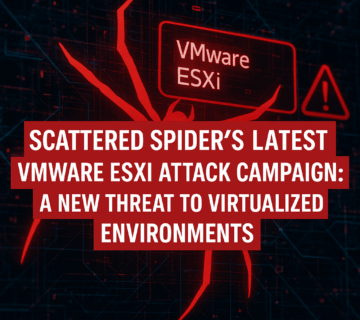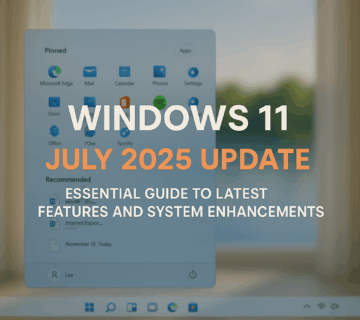
Patch Tuesday Simplified: Automating Windows & Third-Party Updates with Endpoint Central
An extensive analysis detailing how manual patch management processes are a primary vulnerability exploited by ransomware operators, leading to significant financial losses and operational downtime for organizations. It emphasizes that unpatched third-party applications and operating systems create a critical window between patch release and deployment, which attackers actively utilize, often within 15 to 30 days. The text strongly advocates for implementing automated patch management solutions, specifically highlighting ManageEngine Endpoint Central, to rapidly close these vulnerability gaps, improve compliance, and free up IT resources consumed by tedious manual work. Ultimately, the document serves as a comprehensive guide outlining the risks of slow patching and offering a strategic playbook for adopting automated solutions to achieve a more secure and compliant security posture. ... Read More



